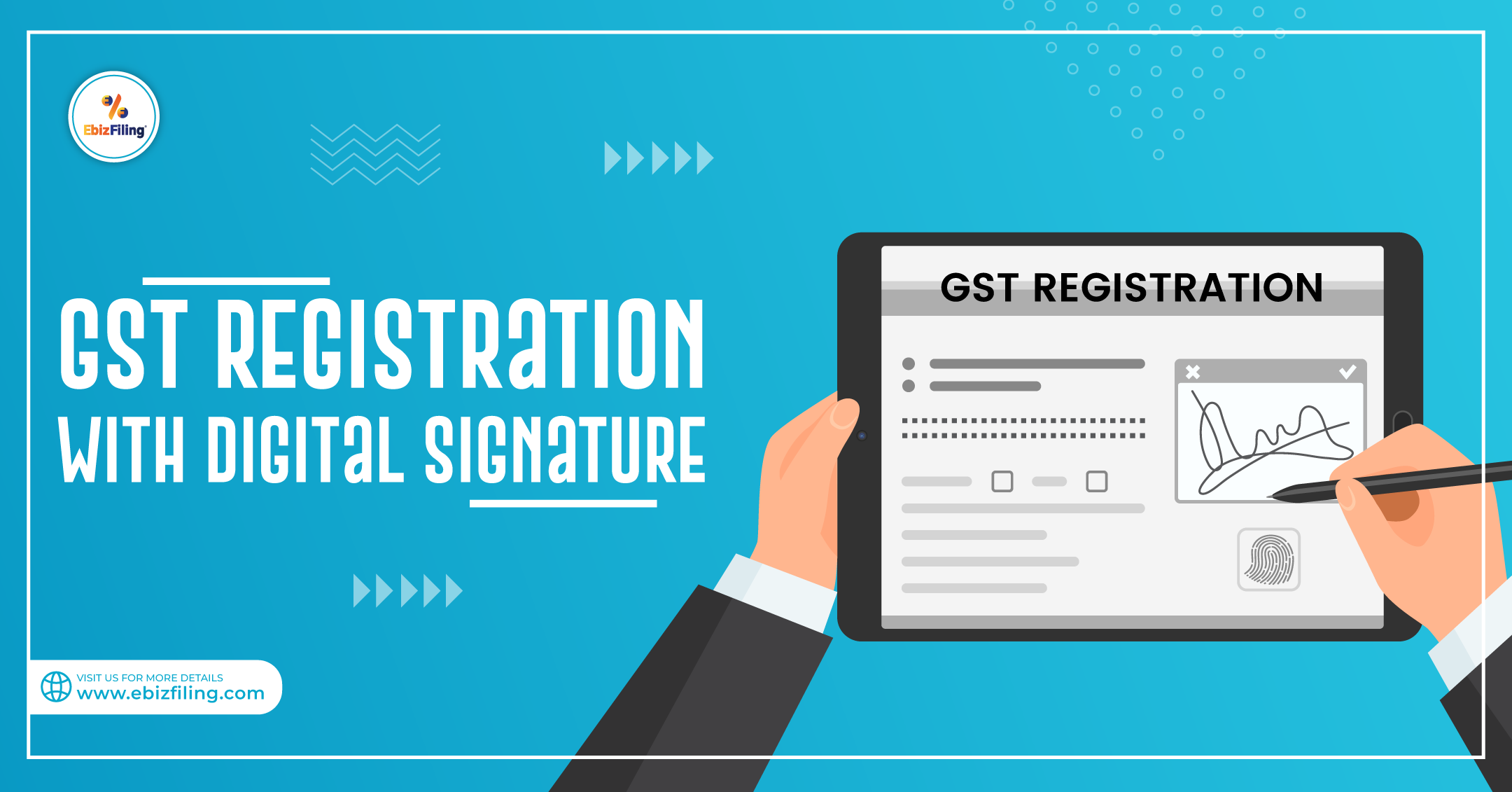Contrast and Choose the Best GST Registration Services in Singapore for Your Needs
Contrast and Choose the Best GST Registration Services in Singapore for Your Needs
Blog Article
Throughout: The Ultimate Roadmap to GST Registration for Services Seeking Financial Security
Browsing the intricacies of Goods and Services Tax Obligation (GST) enrollment is a crucial step for services striving for economic security. Breaking down the roadmap into convenient steps can improve the enrollment journey for organizations looking to boost their financial standing.
Comprehending GST Essentials
Delving into the fundamental concepts of Item and Provider Tax Obligation (GST) is essential for gaining a comprehensive understanding of its effects on services and the economic situation. Input Tax Credit Scores (ITC) is a considerable function of GST, enabling businesses to assert credit score for taxes paid on inputs, reducing the total tax concern. Understanding the fundamentals of GST is critical for businesses to comply with tax guidelines, handle their financial resources successfully, and add to the country's financial development by participating in a transparent tax obligation system.
Qualification Standards for Enrollment
To register for GST, companies have to meet certain eligibility standards established by the federal government. The key qualification requirement is that any service associated with the supply of products or solutions with a yearly aggregate turnover above the threshold restriction established by the authorities have to sign up for GST. Since the existing laws, the threshold restriction for GST registration is an annual aggregate turnover of 40 lakhs for businesses operating within a state, with the exception of special category states where the limitation is 20 lakhs. Additionally, certain companies are needed to register for GST irrespective of their turnover, such as interstate distributors, informal taxable individuals, and services reliant pay tax obligation under the reverse fee device. It is important for services to completely examine their turnover and deal types to determine their GST registration responsibilities accurately. Failure to register for GST when eligible can cause penalties and lawful repercussions, making it necessary for services to stick to the defined eligibility standards.
Records Required for Registration
Having actually fulfilled the qualification criteria for GST registration, organizations must currently ensure they have the requisite files in area to proceed with the enrollment procedure successfully. The papers needed for GST enrollment generally consist of evidence of organization constitution, such as collaboration action, registration certification, or consolidation certification for different kinds of companies. In addition, businesses require to provide documents establishing the primary place of company, such as a rental contract or power costs.
Step-by-Step Registration Refine
Commencing the GST registration procedure entails a collection of organized steps to make sure a seamless and compliant registration for organizations. The very first step is to go to the GST website and complete the registration form with precise information of business entity. Following this, the candidate receives a Momentary Recommendation Number (TRN) which is utilized to return to the application procedure if it's not completed in one go.
Next, all called Go Here for records as per the checklist given by the GST portal need to be published. These records generally consist of evidence of service address, identity and registration proofs of marketers, financial declarations, and service entity's frying pan card.

Post-Registration Conformity Standards

Verdict
Finally, organizations seeking monetary stability needs to comprehend the essentials of GST, fulfill eligibility requirements, gather needed papers, comply with the detailed enrollment procedure, and abide with post-registration guidelines - Best GST registration services in Singapore. By sticking to these actions, services can ensure conformity with tax obligation regulations and preserve financial security over time
Furthermore, particular services are called for to register for GST irrespective of their turnover, such as interstate distributors, laid-back taxable individuals, and organizations you could check here responsible to pay tax under the reverse cost device.Having satisfied the qualification requirements for GST registration, organizations have to currently ensure they have the requisite documents in location to proceed with the enrollment procedure successfully. The files required for GST registration usually include evidence of check out here business constitution, such as partnership act, enrollment certificate, or incorporation certification for various types of businesses. In addition, companies need to give files developing the principal location of company, such as a rental agreement or electricity costs.Starting the GST enrollment process includes a series of organized steps to guarantee a certified and smooth registration for companies.
Report this page